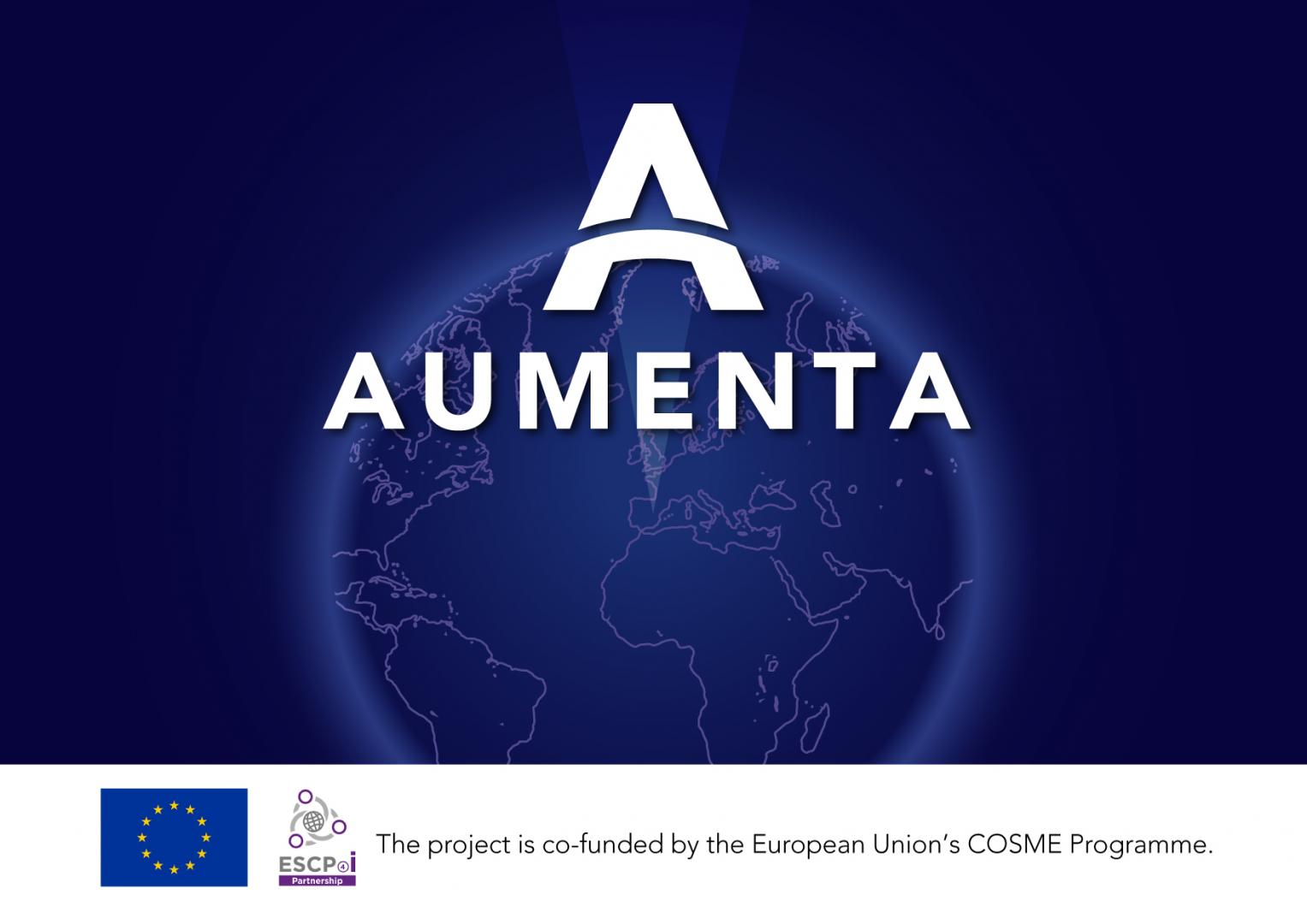AUMENTA opens borders for the agri-food industry and 4.0 with a pioneering internationalization project in Morocco, Georgia and Uruguay

Partnering organizations from Poland, Latvia and Lithuania and Spain has launched the AUMENTA project, a pioneering European project to support SMEs in the agri-food industry and Industry 4.0 in their international expansion beyond the borders of the European Union.
Funded by the EU COSME program and developed within the framework of the European Cluster Collaboration Strategy for Internationalization (ESCP-4i), AUMENTA aims to help European SMEs find new business opportunities in three key international markets: North Africa, the Caucasus and Latin America. Three countries- Morocco, Georgia and Uruguay are considered as the gateway to these international markets.
The project, which lasts 18 months, includes the organization of international 'Bootcamps' and business missions, as well as the promotion of virtual contacts between European SMEs and the destination markets, the creation of a portfolio of business opportunities and cooperation and monitoring of financing opportunities, among others.
Last week of November the first official AUMENTA event was held, a ‘Bootcamp’ that brought together the ‘ambassadors’ chosen by the project partners as internationalization advisers in the markets they are targeting. Representatives from Georgia, Morocco and Uruguay presented the main characteristics of their markets to the project partners, focusing on the needs of the ICT and agri-food sectors and identifying the opportunities they offer for European SMEs.
AUMENTA is being developed by a pan-European consortium that unites organizations representing the agri-food sector, ICT and Industry 4.0 from Spain (OnTech Innovation), Poland (UNIMOS Foundation), Latvia (Latvian IT Cluster and Food Products Quality Cluster) and Lithuania (Smart Food Cluster). It also has the support of 16 European organizations and public, private, academic, non-governmental institutions and clusters from third countries (Morocco, Georgia and Uruguay).
This article is part of the project AUMENTA that was funded by the European Union’s COSME Programme.
* The content of this article represents the views of the author only and is his/her sole responsibility; it cannot be considered to reflect the views of the European Commission and/or the Executive Agency for Small and Medium-sized Enterprises (EASME) or any other body of the European Union. The European Commission and the Agency do not accept any responsibility for use that may be made of the information it contains.